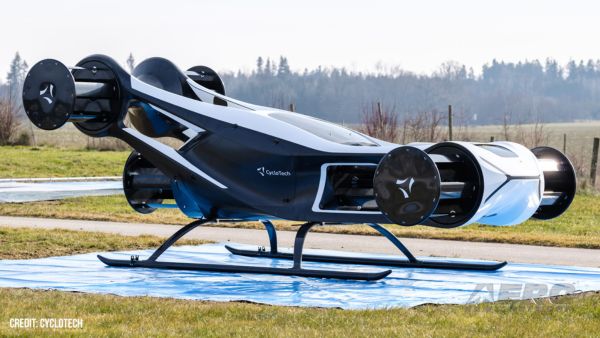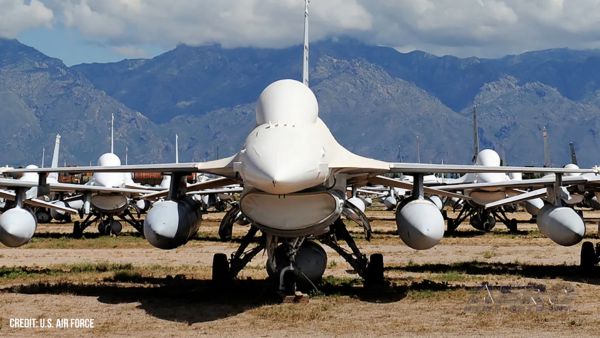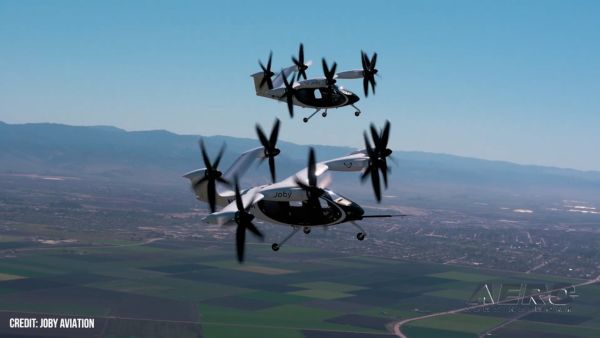Mon, Aug 01, 2011
Airlines Say They Are Continuing To Leverage Every Strategy And
Technology Possible To Save Fuel
Representatives of the Air Transport Association of America
(ATA) testified Thursday before the Senate Committee on Commerce,
Science, and Transportation on the needs, challenges and
opportunities for alternative jet fuels.

The steady rise of jet-fuel prices over the last decade and
unprecedented price volatility in recent years has had a tremendous
negative impact, not only on the airlines and their employees, but
also on the customers and communities they serve throughout the
nation. Fuel remains the airlines' largest cost center,
representing about one-third of operating expenses. Despite
consumption of 3.1 billion fewer gallons of jet fuel in 2010 than
in 2000, U.S. airlines spent $22 billion more for fuel.
The airline industry continues to leverage every strategy and
technology possible to reduce fuel consumption and related
emissions. ATA members have invested billions of dollars in
advanced airframes and engines, and continue to seek new procedures
to maximize efficiency of operations in the air and on the ground.
As a result of such initiatives, U.S. airlines account for only 2
percent of the nation's greenhouse gas emissions inventory and have
more than doubled fuel efficiency since 1978. In addition,
Department of Transportation statistics show that on a systemwide
basis, U.S. airlines carried 7.3 percent more passengers and cargo
in 2009 than in 2000, but reduced fuel burn and emissions by 14
percent over the same period.

ATA remains a staunch advocate for advancing the adoption of a
global framework for further fuel efficiency and
greenhouse-gas-emissions improvements under the International Civil
Aviation Organization and as a co-founding and leading member of
the Commercial Aviation Alternative Fuels Initiative to help lead
the way to the deployment of alternative jet fuels.
"Even with immense ongoing progress to enhance fuel efficiency,
we still face head winds; however, with congressional action, we
can help ensure the opportunity of alternative jet fuels is
realized," said ATA Senior Vice President, Legislative and
Regulatory Policy Sharon L. Pinkerton. "We urge Congress to
maintain and expand existing programs that have been effective in
supporting development of alternative aviation fuels, enact
government policies that are technology- and feedstock-neutral and
encourage fuel development that provides near-term emissions
benefits."
More News
Have A Story That NEEDS To Be Featured On Aero-News? Here’s How To Submit A Story To Our Team Some of the greatest new stories ANN has ever covered have been submitted by our>[...]
Cleared For The Option ATC authorization for an aircraft to make a touch-and-go, low approach, missed approach, stop and go, or full stop landing at the discretion of the pilot. It>[...]
“...no entity, whether a division of government or a private company or corporation, may use information broadcast or collected by automatic dependent surveillance-broadcast >[...]
“While our traditional mechanical magnetos will be around for a long time, Hartzell Engine Tech acquired E-MAG to expand its PowerUP Ignition System product portfolio into bo>[...]
Flight Check A call-sign prefix used by FAA aircraft engaged in flight inspection/certification of navigational aids and flight procedures. The word “recorded” may be a>[...]
 ANN FAQ: Submit a News Story!
ANN FAQ: Submit a News Story! ANN's Daily Aero-Term (05.13.25): Cleared For The Option
ANN's Daily Aero-Term (05.13.25): Cleared For The Option Aero-News: Quote of the Day (05.13.25)
Aero-News: Quote of the Day (05.13.25) Aero-News: Quote of the Day (05.14.25)
Aero-News: Quote of the Day (05.14.25) ANN's Daily Aero-Term (05.14.25): Flight Check
ANN's Daily Aero-Term (05.14.25): Flight Check




